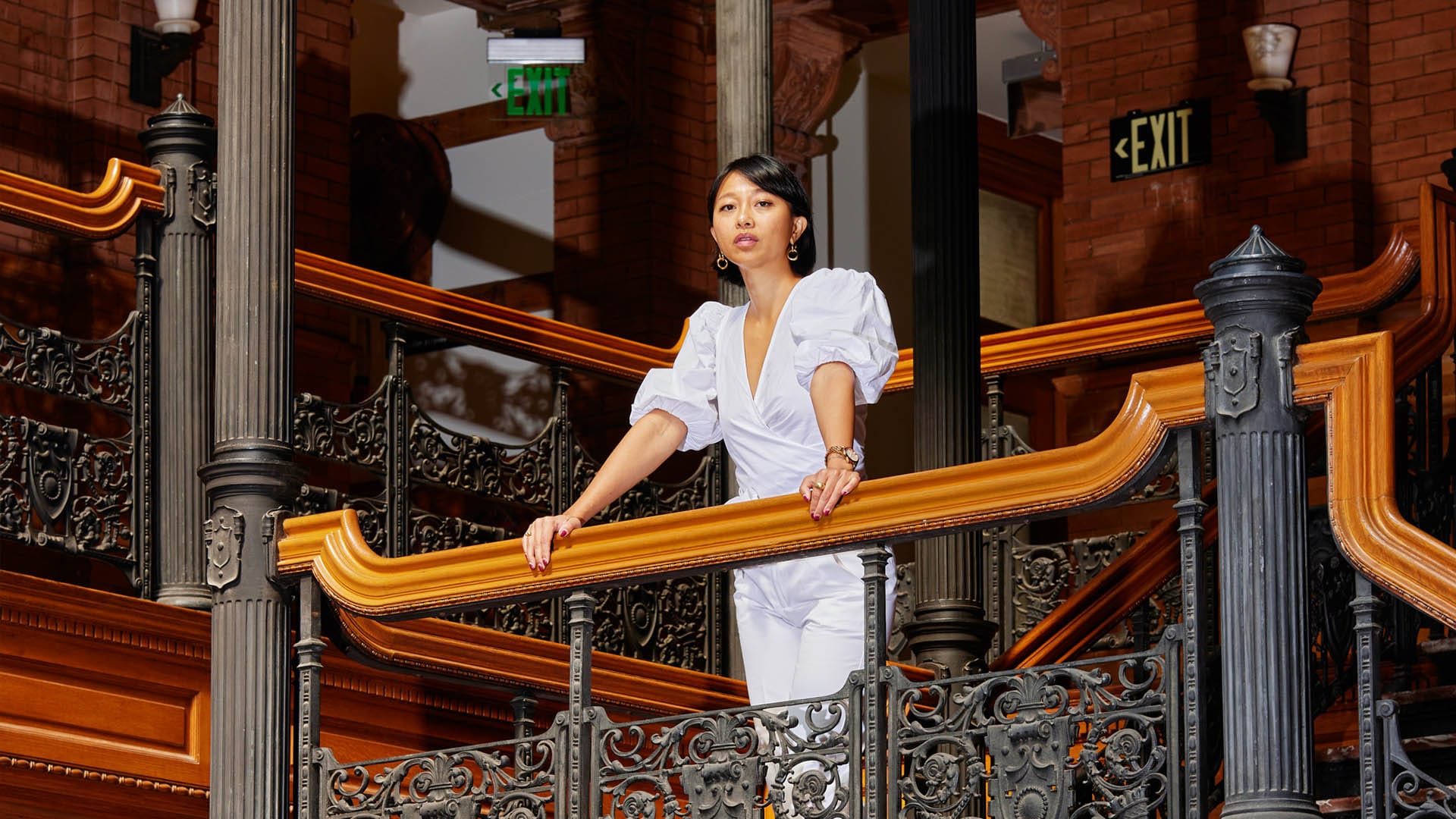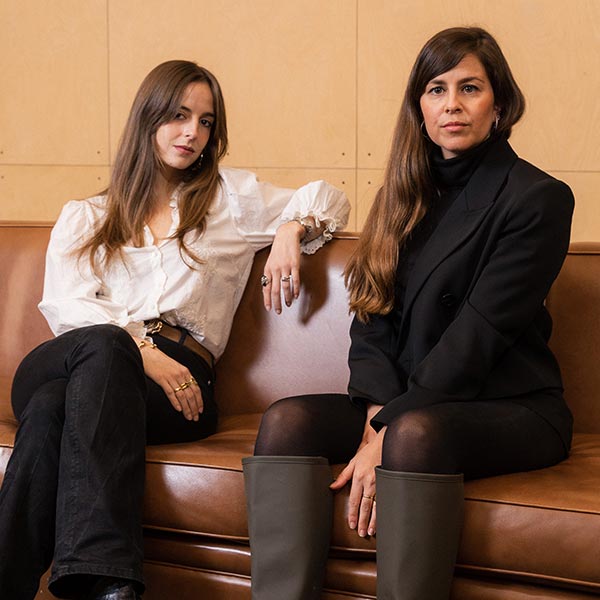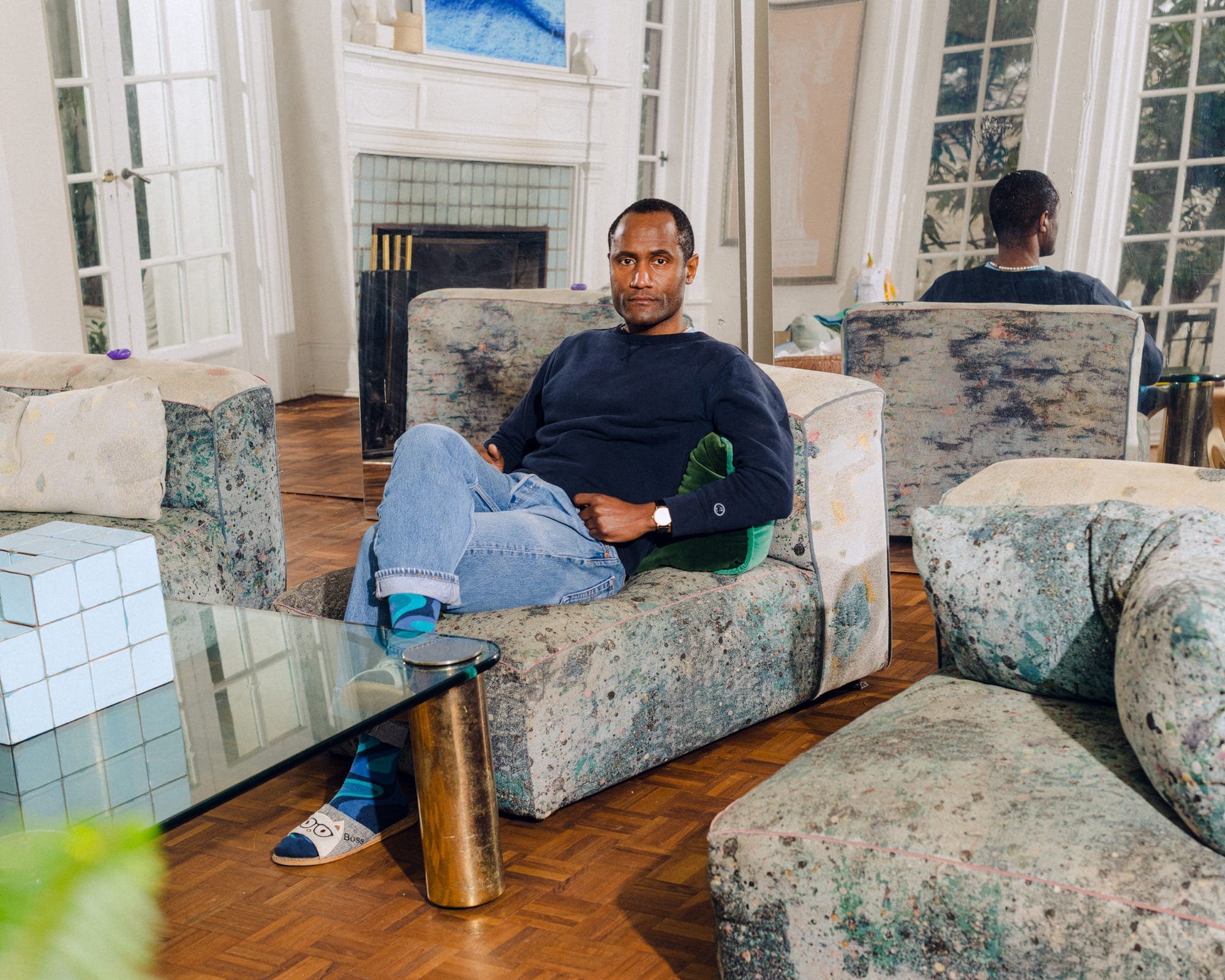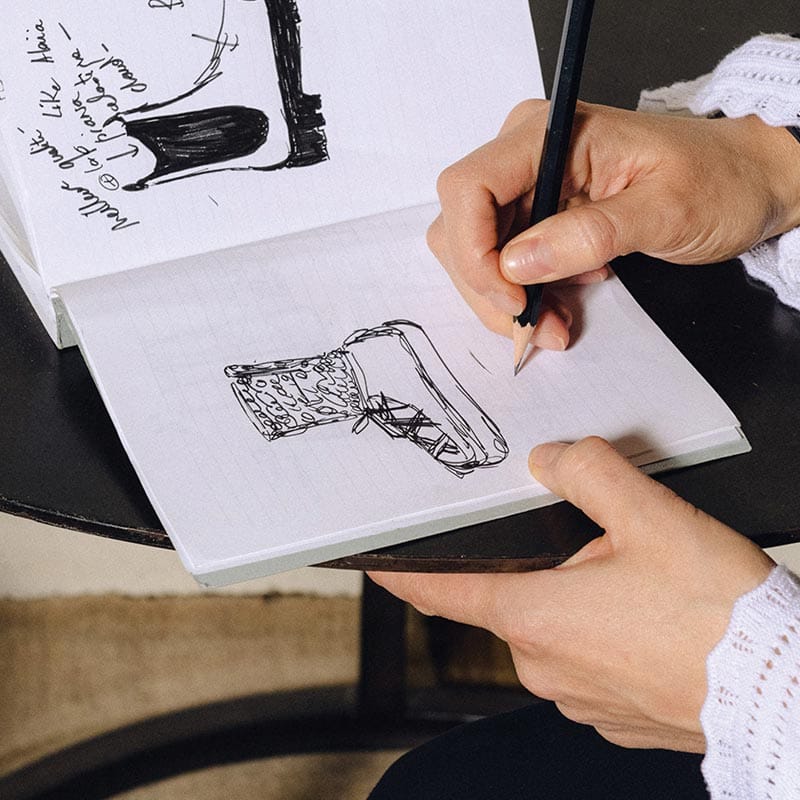For Sue Chan, community organizer, connector, and founder of the grassroots food culture agency Care of Chan, the secret to downtime well spent in Los Angeles includes plenty of togarashi (delivered from Japanese Pantry) and tennis.
Having relocated to Los Angeles after 18 years in New York City, Chan marvels at the city’s access to nature, its up-and-coming design scene and ubiquitous dinner party culture. For Chan, many of the finest meals in recent memory have taken place at tables in friends’ backyards.
This fact is in serious contrast to the previous decade, where Chan helped orchestrate a golden age of restaurants, helping celebrity chefs’ stars shine brighter from high and low kitchens like Contra, Mimi Cheng’s, hotel groups like The Standard Hotels, and many others.
Due to the pandemic and prevailing cultural trends, Chan sees the era of the obsessed-over chef being replaced by something more communal in nature, shifting the focus from who puts the food on the table to the exchange of ideas that happen around it.
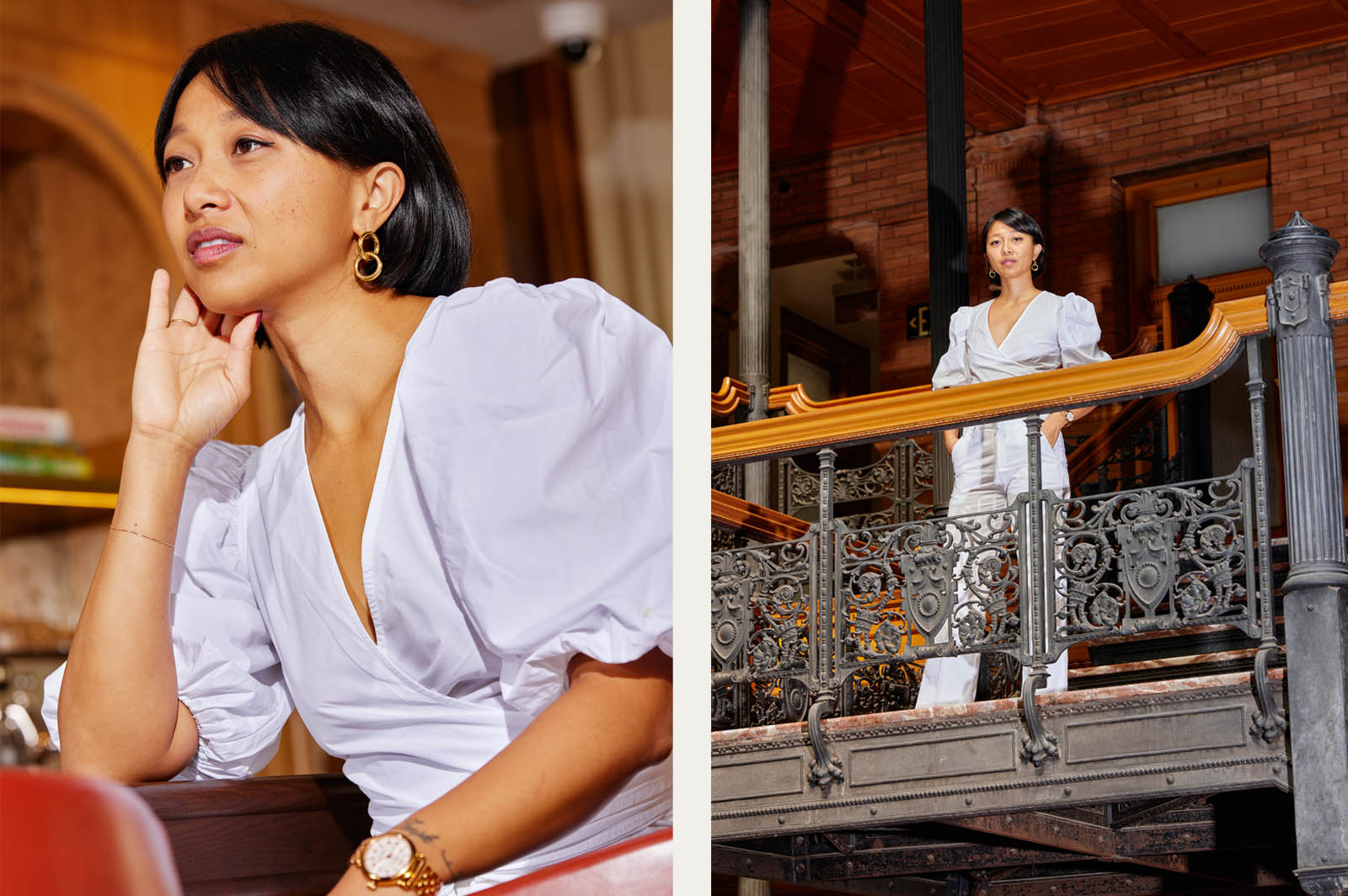
NEUEJOURNAL: What brought about the move to Los Angeles and what has your experience been like settling in?
SUE CHAN: I was looking for a change. I’d been in New York for 18 years and it just felt kind of like Groundhog Day. You just go to the same places, see the same people, talk about the same gossip. So, I came back to California (where I grew up) and just fell in love with it. There’s just so much nature here. I also love the arts and design scene. Design has obviously been strong in L.A. for a long time. People have more space. Having come from food and watched that industry become super important and have a renaissance in the last 10 – 15 years, I kind of feel like the next thing is design. And I feel like it’s happening here in L.A.
NEUEJOURNAL: Does design being the next thing relate to food?
Yeah, for sure. America, as a whole, culturally, didn’t really care about food until the last decade or so. And that was led by people like David Chang (who is my former boss), René Redzepi (of Noma), Tony Bourdain. They inspired this new generation of people to care about food which was incredible because food is this really magical thing. I think the natural evolution is to care about your living space, your environment. And COVID inspired that too. We all spent so much more time at home. I feel like the world is becoming a scarier and scarier place. I think we’re going to want to be cozy and indoors and with our pods of like-minded people even more so after COVID is over.
“I think we’re entering an era where your company is either as big as Amazon or you’re a small, mom-and-pop shop or a baker who works out of their own kitchen and sells cakes directly to people. There will be less and less in-between.”
NEUEJOURNAL: Given how the last couple of years have gone down for everyone, how has the idea of bringing people together changed for you?
Prior to COVID, our agency did mostly PR, marketing, and talent representation in the food space—chefs, restaurants, and food brands. And then we pivoted more toward a grassroots marketing agency that focuses on bringing people together through events or partnerships. I think that pivot was inspired not just by COVID, but by us realizing that we wanted to focus on the thing we were really good at, which, for me personally, is bringing people together. I think in a post-COVID world, that becomes super important because we are going to be looking for more connection. The internet and technology have been chipping away at our ability to connect with each other. So, how do we help people connect over ideas? How do we provide more opportunities for people to connect in person? I think post-COVID people are going to be, like, “Where’s the party? What should I do? What is safe to do? What is comfortable to do? Where are people who are like-minded? Where are people who have the same values as I do?” It’s also important to be with people who might share different values than you. I don’t think we ever get a chance to do that because, between the algorithm and our self-selecting bubble it’s like this echo chamber. I think that just leaves us in a really dangerous place for the evolution of society and culture to just be talking to the same people in the same echo chamber.
NEUEJOURNAL: And you feel like that’s the future of gathering?
I think we’re entering an era where your company is either as big as Amazon or you’re a small, mom-and-pop shop or a baker who works out of their own kitchen and sells cakes directly to people. There will be less and less in-between. I feel like, as things become bigger, we’re going to gravitate toward things that are smaller within our community. Where do we go and find connectivity with others and ourselves? The internet doesn’t allow for a conversation to happen. So I would like to devote my life to building places and spaces for people to have those kinds of conversations.
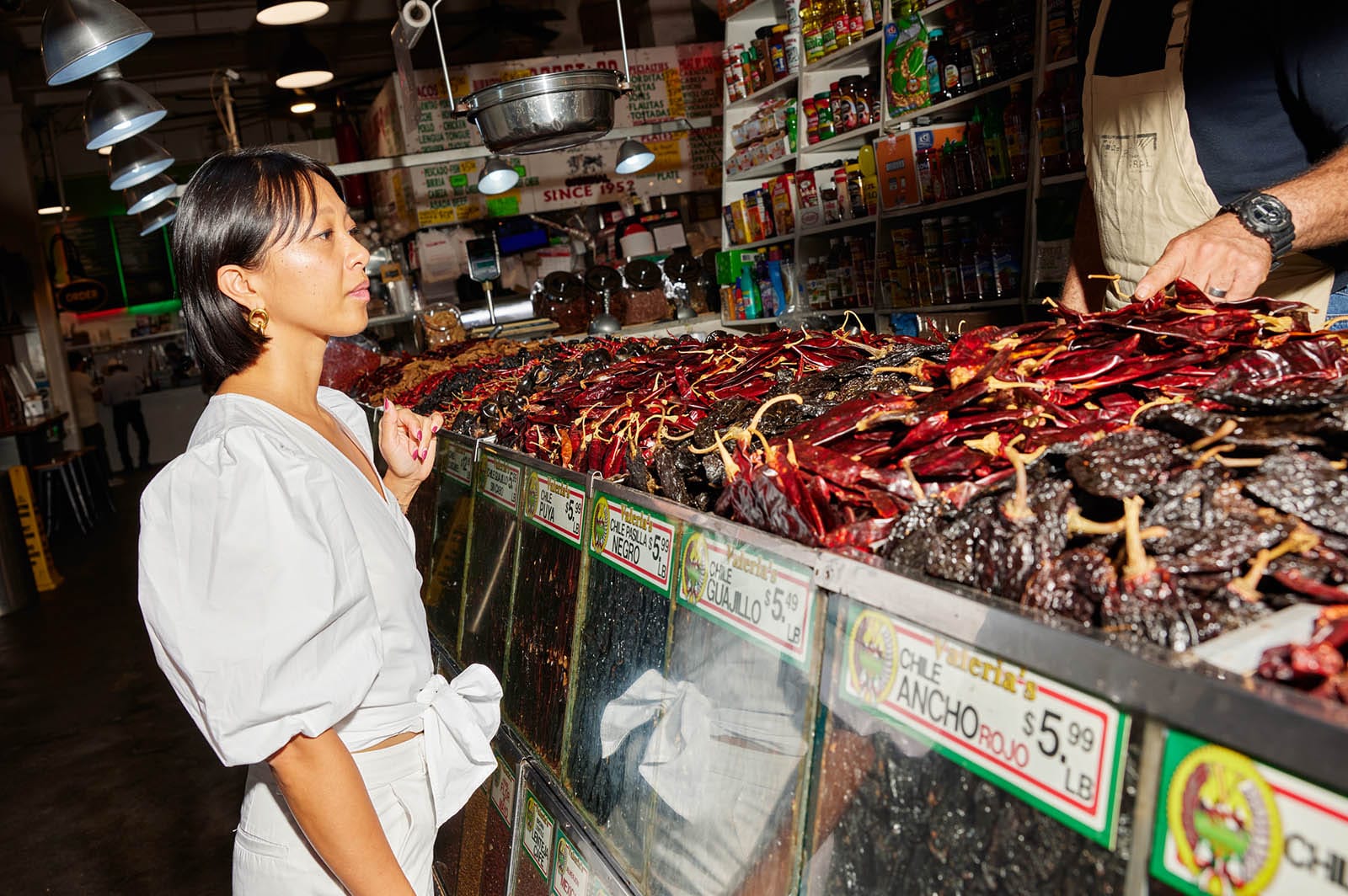
NEUEJOURNAL: And that makes you want to get up in the morning and work?
Helping people who have something important to say have a bigger platform, a bigger microphone, that’s what drives me. Moving culture forward. Moving progressive ideas forward. It’s not just about talent. It’s about ideas. We were big on natural wine when it was first bubbling up in America and, yes, it became super trendy, but natural wine is important. It’s about supporting local farmers. It’s about doing things in a more sustainable way.
NEUEJOURNAL: Other than tennis, what are the daily habits you have that make you a highly successful person?
I think it’s super important to block off time to do work. I think oftentimes we get sucked into this meeting cycle of back-to-backs and it’s so cool to be, like, “Oh, I’m in back-to-backs.” I’m not envious of that at all. Setting aside time to be creative is super important, whether it’s going on a hike and getting inspiration from nature or doing some sort of other activity that takes your mind off of work, you need to create space to be creative.
NEUEJOURNAL: What is the most valuable piece of work-related wisdom that’s ever been passed to you?
We all know the saying “Life is short.” A friend the other day was like, “Dude, life is long.” Don’t let the petty shit affect you. To obsess over something that is so insignificant when the journey is so long, it’s like, what’s the purpose? I think it’s so important to keep that in mind and remember that we’re all going to have ups and downs in our lives, in our careers. Also, I believe in work karma. “Make a friend today, make a deal tomorrow.” Take that thirst away from networking that I think everyone has—that’s like: “What can you do for me today?” You know what? Just be genuinely interested in what people are doing and who knows, maybe you’ll learn something new, maybe they’ll help you out later, maybe they won’t.
NEUEJOURNAL: What is the most important thing you know now (that you didn’t know before) that everybody needs to know before they start their own business?
At the end of the day, everyone has a boss. We all will have bosses ‘til the day we die or the day we retire. If you have a public company, your boss is your shareholders. If you have a startup, your boss is your investors. If you have your own independent company, your boss is your customers or your clients. We all have bosses and to think that we can live a boss-free life is just a fantasy.
NEUEJOURNAL: So, if you only have one day in Los Angeles, where do you have breakfast? Lunch? Dinner?
I’m that person who just loves Gjusta. I would probably do that for breakfast. For lunch, I would definitely have a taco at Mariscos Jalisco. The shrimp tacos and the ceviche are out of this world. And then for dinner, San Gabriel Valley, of course. There is a really great spot called Bistro Na that I actually might go to tonight. It’s so good.
Become a NeueHouse Salon Member
Join the community for creators, innovators, and thought-leaders. Learn more about our new, flexible membership. >
